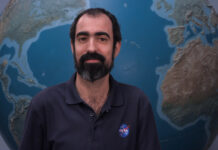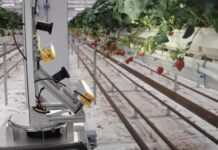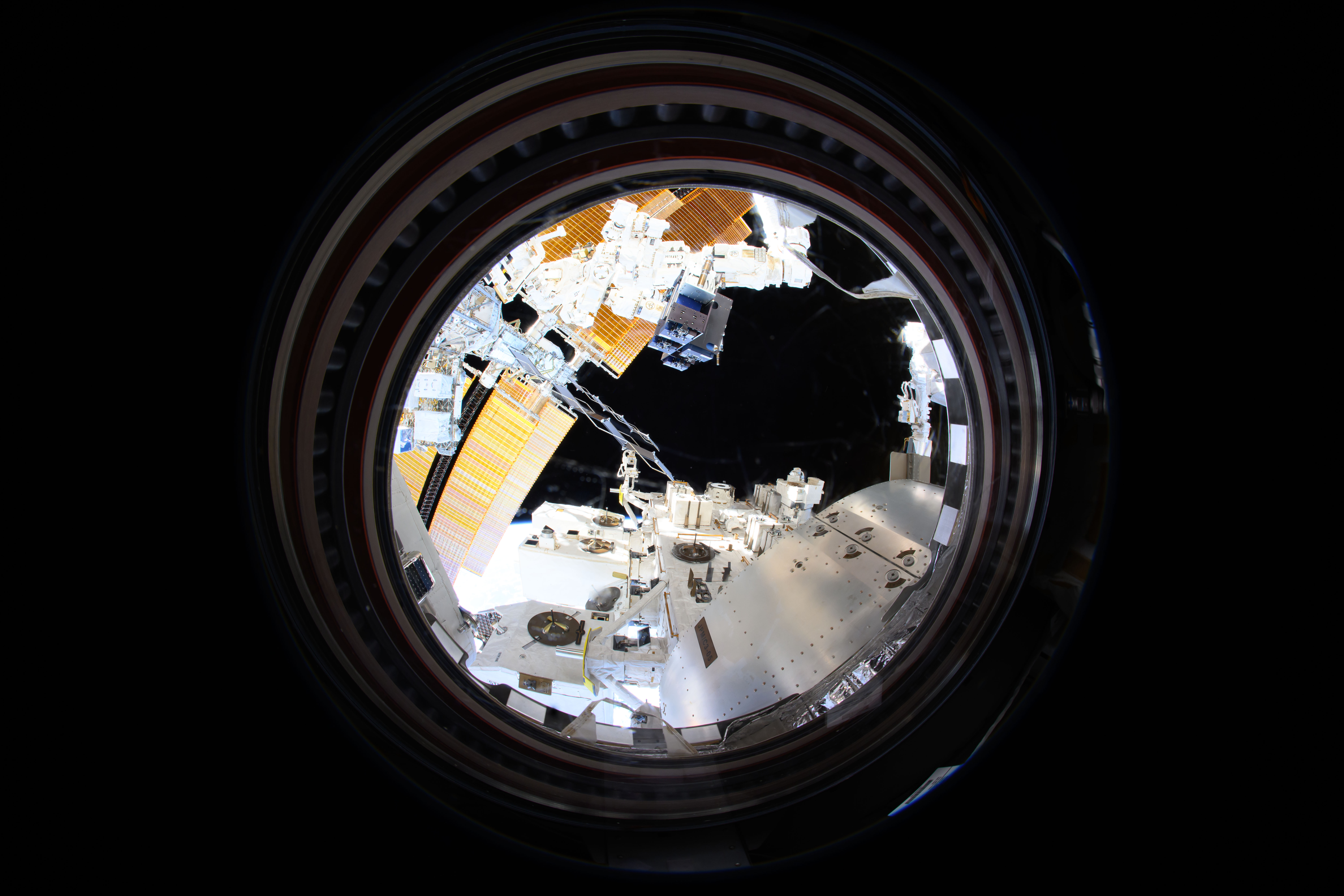Understanding the Impact of the OCEANOS Program in Puerto Rico
María Fernanda Barbarena-Arias, an Associate Professor in the Department of Natural Sciences, specifically Biology, at the Interamerican University, Metropolitan Campus, is one of the dedicated researchers involved in the OCEANOS program. This initiative is making significant strides in Puerto Rico by offering unique opportunities to students outside the University of Puerto Rico (UPR) system. OCEANOS is opening doors for students from private universities to explore marine sciences as a viable career path. Traditionally, marine sciences have been predominantly concentrated within the public education system in Puerto Rico. However, OCEANOS is bridging this gap by integrating private university students, thereby expanding educational and career opportunities in marine sciences.
Enhancing Student Confidence Through Hands-On Experience
One of the most remarkable transformations observed in students participating in the OCEANOS program is the boost in their confidence. Initially, many students express fear and hesitation, especially when engaging in activities such as swimming or conducting field research. However, as they progress, their confidence grows significantly. The change is evident as students who once asked numerous questions and were unsure of research procedures begin to carry out their projects independently. This newfound self-assurance is a crucial aspect of their development, demonstrating their ability to tackle challenges without constant guidance.
Broadening Career Perspectives Beyond Health Sciences
A key objective of the OCEANOS program is to broaden students’ understanding of career options within the natural sciences. In Puerto Rico, there is a common misconception that studying natural sciences is primarily for pursuing careers in human health, such as medicine or dentistry. However, natural sciences encompass a wide range of fields, including marine sciences. By participating in OCEANOS, students are encouraged to become advocates for diverse career paths in natural sciences. They are expected to spread the word that these fields offer numerous opportunities beyond traditional health-related careers. Furthermore, the program aims to instill in students a sense of responsibility towards environmental conservation, emphasizing the importance of adapting to climate change and preserving natural resources, especially in an island setting like Puerto Rico.
María Fernanda Barbarena-Arias: A Journey of Passion and Innovation
María Fernanda Barbarena-Arias began her academic journey in Colombia at the University of Valle, where she pursued a bachelor’s degree in biology with a minor in entomology. Initially, her career goal was to work in agriculture, focusing on pest control. However, during her undergraduate studies, she took a course on Insect Ecology that required her to undertake a research project. This experience ignited her passion for ecology. Following her bachelor’s degree, she applied to the University of Puerto Rico, Río Piedras campus, where she completed her master’s and doctoral degrees in Tropical Forest Biology.
Upon graduating, María started teaching and soon realized that she was not fond of the conventional methods of teaching natural sciences or biology in a classroom setting. This led her to seek out innovative teaching opportunities and training to educate students in a non-traditional manner. One of the significant opportunities she embraced was a collaboration with the University of Maryland. For over a decade, this partnership has provided research opportunities outside the classroom and university settings, fostering a more hands-on and immersive learning experience for students. It was through her involvement in these types of projects that she was invited by Juan Torres to join the OCEANOS program.
The OCEANOS Program: A Catalyst for Educational Change
OCEANOS stands as a catalyst for educational change in Puerto Rico. By providing students from various educational backgrounds with exposure to marine sciences, the program is reshaping the academic landscape. It challenges the traditional educational norms and encourages students to explore uncharted territories in science, fostering a new generation of environmentally conscious individuals who understand the broader implications of their studies.
The Importance of Innovative Education
The story of María Fernanda Barbarena-Arias and her involvement in the OCEANOS program highlights the importance of innovative education. By stepping outside the conventional classroom setting and embracing a more dynamic approach to teaching, educators can significantly enhance student engagement and learning outcomes. The success of programs like OCEANOS underscores the need for educational systems to adapt and evolve, ensuring that students are well-equipped to face the challenges of the future.
A Call to Action for Future Generations
The OCEANOS program serves as a call to action for future generations. It encourages students to not only pursue diverse careers in natural sciences but also to become proactive in addressing global challenges such as climate change. By fostering an understanding of the critical role that marine and environmental sciences play in our world, OCEANOS is preparing students to be leaders and advocates for sustainable practices.
Conclusion
In conclusion, the OCEANOS program is making a significant impact in Puerto Rico by providing students with the confidence, knowledge, and opportunities needed to explore diverse career paths in natural sciences. Through the dedication of educators like María Fernanda Barbarena-Arias and innovative educational approaches, the program is transforming the way students perceive and engage with science. As these students become the voices of change, they carry with them the message that natural sciences offer vast possibilities beyond traditional career paths, and the responsibility to protect and preserve our natural world for future generations.
For more Information, Refer to this article.

































